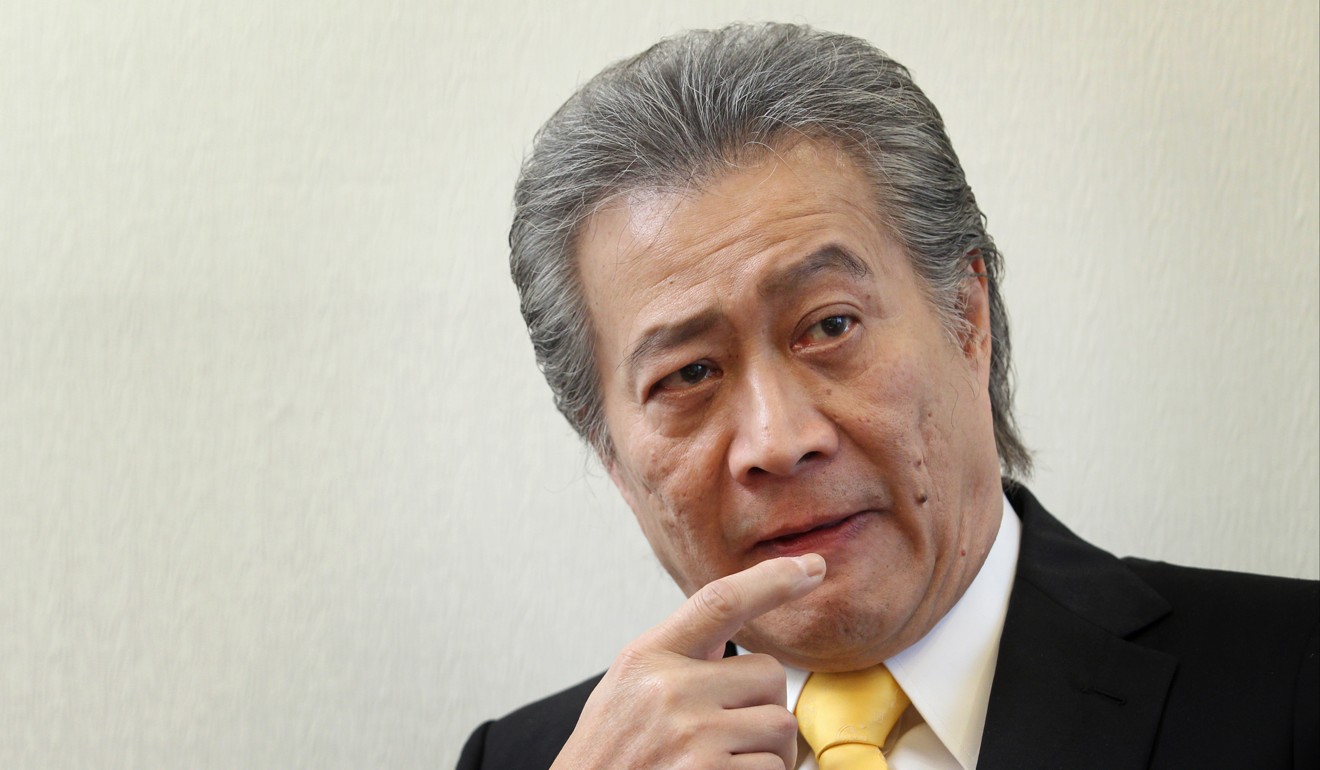
Will it be third time lucky for gold futures trading in Hong Kong?
Physical delivery and longer trading time should help the HKEX to achieve higher turnover on its third attempt to launch gold trading, say traders
Will it be a case of third time lucky as Hong Kong Exchanges and Clearing attempts once again to launch gold futures on Monday?
There is certainly a sense of optimism among traders this time around, as the new products offer physical delivery and favourable trading times.
Seen as the latest move by the local bourse to diversify its income sources and products, HKEX chief executive Charles Li Xiaojia will host a ceremony for the launch of two new gold futures products – one in US dollars the other in yuan – with physical delivery.
The previous gold futures traded at the exchange did not have physical delivery, which was why there were such little trading
“I believe HKEX will be successful in launching the gold futures this time as it has physical delivery of the products, which will attract gold jewellery manufacturers and users to trade. The previous gold futures traded at the exchange did not have physical delivery, which was why there were such little trading,” said Haywood Cheung Tak-hay, president of the Chinese Gold and Silver Exchange Society (CGSE), which trades spot gold in taels, a weight fixed in China at 50 grams.
Cheung does not consider HKEX as a competitor.
“HKEX and the Chinese Gold & Silver Exchange Society are partners and not competitors. We have signed a memorandum of understanding for us to co-operate with each others in gold trading,” Cheung said.

“The gold market is very active nowadays and we can have more than one market to trade gold. What is more important is to have the right products for the investors to trade,” he added.
This will be the third attempt by HKEX to launch gold futures contracts.
The last was during the financial crisis in October 2008. That contract was scrapped in March 2015 after drawing little interest and recording virtually no turnover in 2014.
The Futures Exchange, now a unit of HKEX, first traded gold futures in the 1980s. But that was abolished in the mid-’90s owing to a lack of interest.
Jasper Lo Cho-yan, chief strategist at King International Financial Holdings and a gold trader of 20 years, said the previous two exchange-traded gold products were hard to sell as their margins were too high.
“I tried to sell the HKEX gold products to clients when it launched them in 2008 but it was very hard to convince investors to trade, as it demanded too high a deposit and its trading hours were too short,” Lo said.
Usually, gold trading firms only charge customers 3 to 5 per cent of the deposit for gold futures products but the previous HKEX contracts required a margin of 10 to 15 per cent of the value of the contracts, Lo said.
The new gold futures collect a margin of about 5 to 8 per cent of the value of the contract, which is more reasonable, Lo said.
“The political tension between the US and North Korea as well as other geographic conflict would add demand to gold trading. The HKEX has found the right time to relaunch the gold products,” he said.
Alfred Yeung Ping-kwan, founding chairman of Glory Sky Group, which trades gold and stocks for customers, also believes the gold futures to be launched on Monday will be popular because they offer better product features and more friendly trading hours.
“The gold futures launched in 2008 only traded eight hours a day, which made it hard to compete with overseas exchange,” he said.
Lessons have been learned, and the two new gold futures will trade 16 hours a day.
“This is better than the gold futures before. However, some investors may still consider this not to be long enough as many overseas markets trade almost around the clock already,” said Yeung.
Chicago Mercantile Exchange (CME) in the US, for example, trades 23 hours a day.
Cheung agreed that HKEX should consider extending the trading hours for its gold products to “around the clock” at a later stage.

